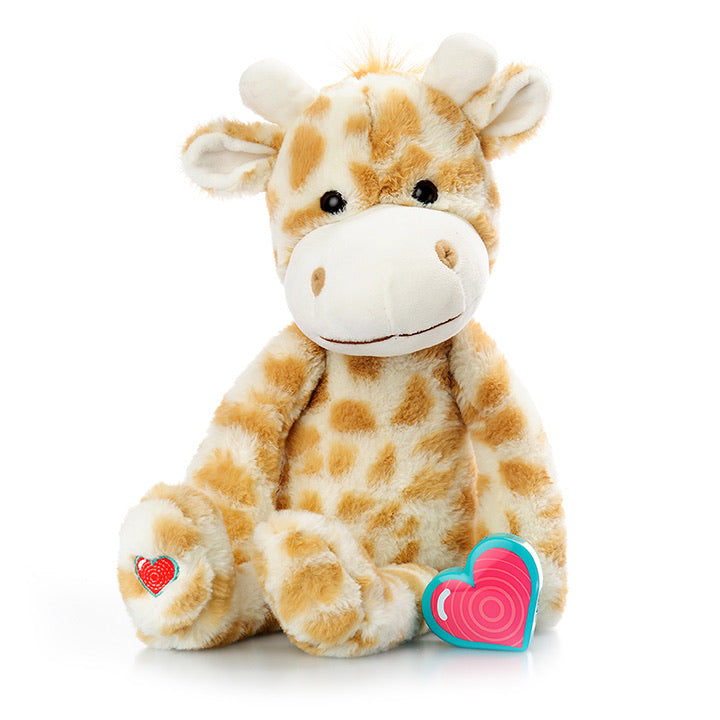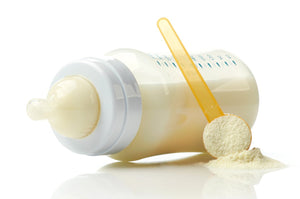Is Rice Cereal Needed for Babies?

Rice cereal is a grain.
Before a year of age, babies only produce a small amount of salivary amylase, an enzyme that helps digest grains. They produce almost no pancreatic amylase until after their molars are developed. Most babies’ digestive systems are not able to handle grains/cereal (especially wheat) until at least one year old - at the earliest.
Undigested grains can destroy your baby’s intestinal lining and disrupt the balance of good bacteria in the gut. Many doctors are now warning that feeding cereal grains too early can lead to grain allergies or intolerances later. Some researchers feel that in addition to grain allergies, this can also lead to behavioral problems, mood issues, and other food allergies.
Iron fortification is not the best way to get iron into your infant. The best way to ensure your little one is getting adequate iron is by continuing to breastfeed (as the primary source of food until 9 months of age) and then allowing him to eat real foods rich in iron (like meat or a vegan alternative). Experimenting with food for fun after 6 months old is just that – for FUN. There is absolutely no nutrient value to rice cereal. By feeding a baby grains at such a young age, you are robbing them the nutrients they need to grow and develop a healthy brain, nervous system, bone structure, and gut. Not to mention, setting them up for potential health issues down the road.
Consumer Reports, the independent consumer watchdog group, has conducted an analysis of a number of different rice products, finding that an array of them–including organic rice baby cereal, rice breakfast cereals, brown rice, and white rice–contain “worrisome” levels of the carcinogenic toxin arsenic. Arsenic is not regulated in food, though the government does have a standard of 10 parts per billion (ppb) for arsenic in drinking water. Let’s break down rice cereal: the main ingredient is processed rice flour. Metabolically speaking, this cereal is no different than spooning a scoop of sugar into your infant.
Did you know that an infant’s digestive system is not fully developed until at least six months of age? AT LEAST. That means ANY food given before then can cause harm. Rice cereal potentially can cause:
- Obesity: It is believed that there is an increased risk of obesity when infants taste starch as a first food. (source)
- Constipation: If infants are well-nourished, extra iron can cause constipation. Unless medically necessary, infants do not need additional iron and can obtain needed amounts through whole foods. (source)
- Lack Nutrients: While the stomach may be full on cereal, the baby’s nutritional needs are not being adequately met.
- Choking Hazard: Before the age of 6 months, an infant has a suck-thrust reflex and cannot properly swallow anything thicker than breastmilk (or formula). Adding cereal to a bottle imposes a severe risk of choking.
- Reflux: New research shows that reflux is overly diagnosed and over treated, leading to possible medical complications later in life. Instead of turning to “thickening” the milk, look at the root of the issue. Follow an elimination diet and figure out what is causing the reflux.
- Sleeping Longer: Babies need to eat every 2-3 hours because their little bodies need all that NUTRITION to grow. Feeding a newborn isn't just about trying to keep them full it's about getting them all of the nutrition they so desperately require to grow. Rice cereal has none of that nutrition. Rice cereal is simply empty calories. Therefore, feeding them rice cereal may have accomplished the task of getting them to remain full, but they are not getting the nutrition they need.
The following are organizations that recommend all babies be exclusively breastfed for the first 6 months of life (NOT the first 4 months):
American Academy of Family Physicians
Australian National Health and Medical Research Council
http://guggiedaly.blogspot.com/2012/11/the-aftermath-of-introducing-rice.html
CLICK HERE to get to the WHO fact sheets.
CLICK HERE for more info. from the WHO.
CLICK HERE to read about the risks.
Gastroesophageal Reflux Disease: Over-Diagnosed and Over-Treated in Infants
Featured Articles
5 New Year's Desserts to Make With Kids





















